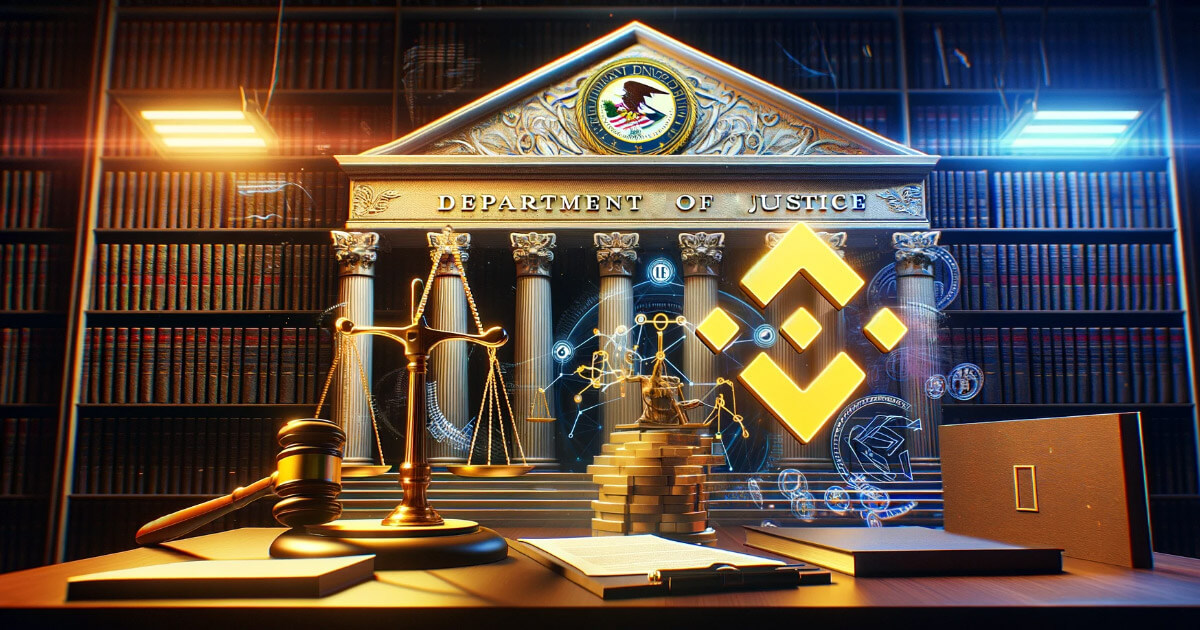
Binance filed two major filings on December 12 in an ongoing case previously filed by the US Securities and Exchange Commission (SEC).
Binance’s initial filing seeks to dismiss the case brought by the SEC against its companies and its former CEO Changpeng Zhao in June.
The filing states that the SEC has not plausibly alleged that various Binance tokens and services are securities or investment contracts.
It also claims that the SEC’s specific claims surrounding Binance’s BNB token are time-barred, meaning offerings of the asset occurred outside the US or that the SEC’s charges are overdue. Additionally, the filing alleges that claims surrounding certain Binance.com transactions, including BNB Vault and Simple Earn, seek to apply non-U.S. securities laws in a manner that is unauthorized.
Binance’s filing additionally claims that the SEC’s inability to provide fair notice of its securities claims will result in the lawsuit being dismissed.
Finally, the filing claims that complaints against Zhao should be dismissed for lack of personal jurisdiction. According to defense attorneys, Zhao’s role in controlling Binance alone is not sufficient for jurisdiction, and the SEC has failed to allege that Zhao contacted U.S. users in a manner relevant to the case.
SEC also discussed the DOJ settlements
Binance and Zhao entered into plea deals with the Department of Justice (DOJ) and a number of other US government agencies during the week of November 20. Although these plea agreements are separate from the ongoing SEC case, the securities regulator asked the courts to take into account both plea agreements on December 8.
Binance disputed this in another filing on December 12, which reads:
“Besides being procedurally improper and impermissible, the SEC Notice fails to demonstrate the relevance of the resolutions with the Department of Justice and FinCEN regarding the SEC’s defective claims against [Binance Holdings Limited] and Mr. Zhao.”
Binance’s filing added that the SEC has not amended its complaint, stating that the agency’s judicial notice is not an alternative to amendment.
Numerous other objections are also set out in the text. According to the filing, Binance and Zhao’s plea agreements only demonstrate that the parties involved violated the Bank Secrecy Act, but do not demonstrate that Binance and Zhao received fair notice from the SEC with respect to two other securities and exchange laws.
The filing also maintained a lack of jurisdiction defense applicable to Binance’s companies and to Zhao himself. Specifically, it said that “no admission in the plea agreements indicates that any relevant transactions occurred, or that there is irrevocable liability associated with them, in the United States.” With regard to Zhao, the filing stated that personal jurisdiction has a different meaning in criminal and civil cases – implying that jurisdiction exists in the DOJ case, but not in the SEC case.
Binance concluded by saying that the SEC notice should be ignored. The case was once again urged to be completely dismissed.

